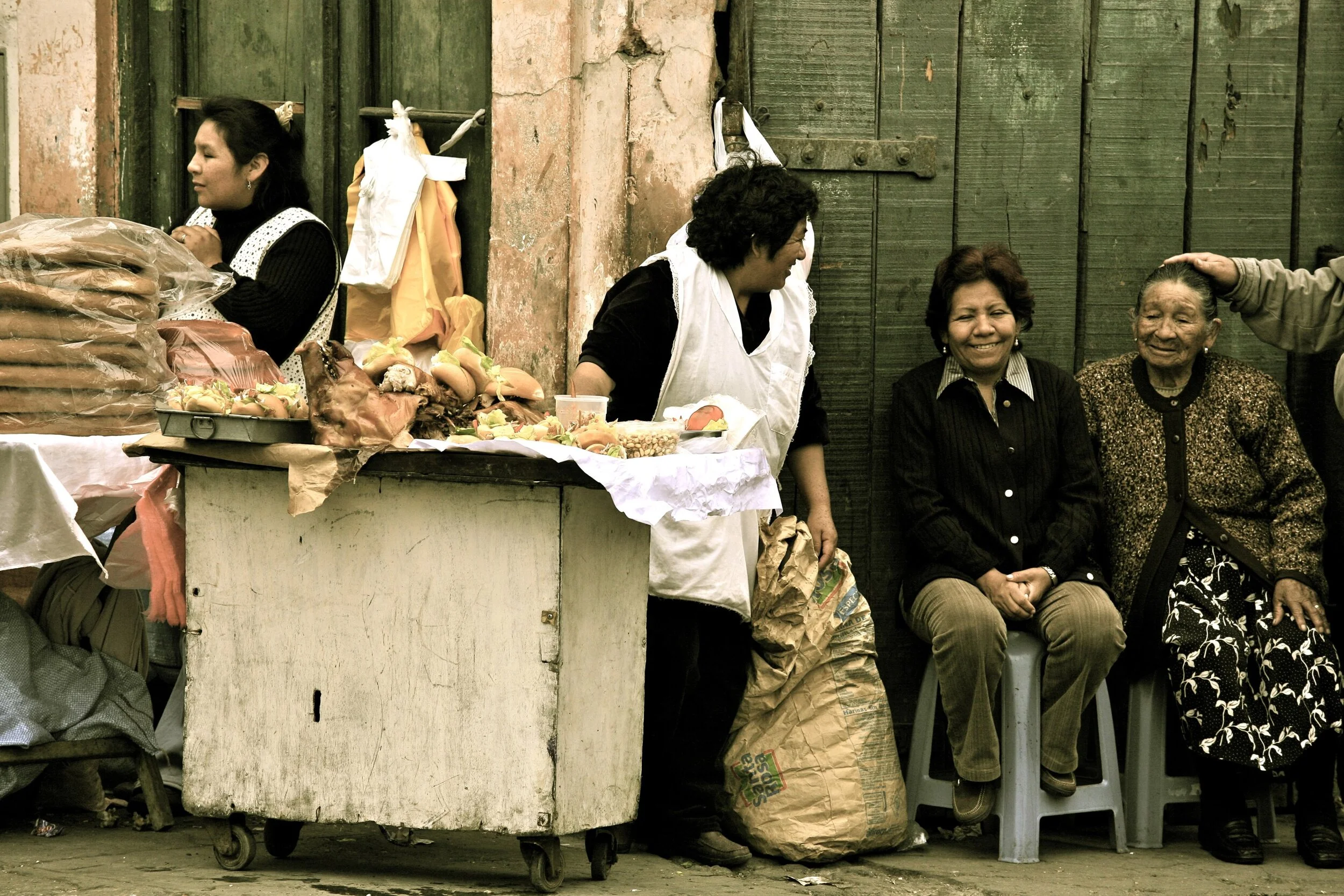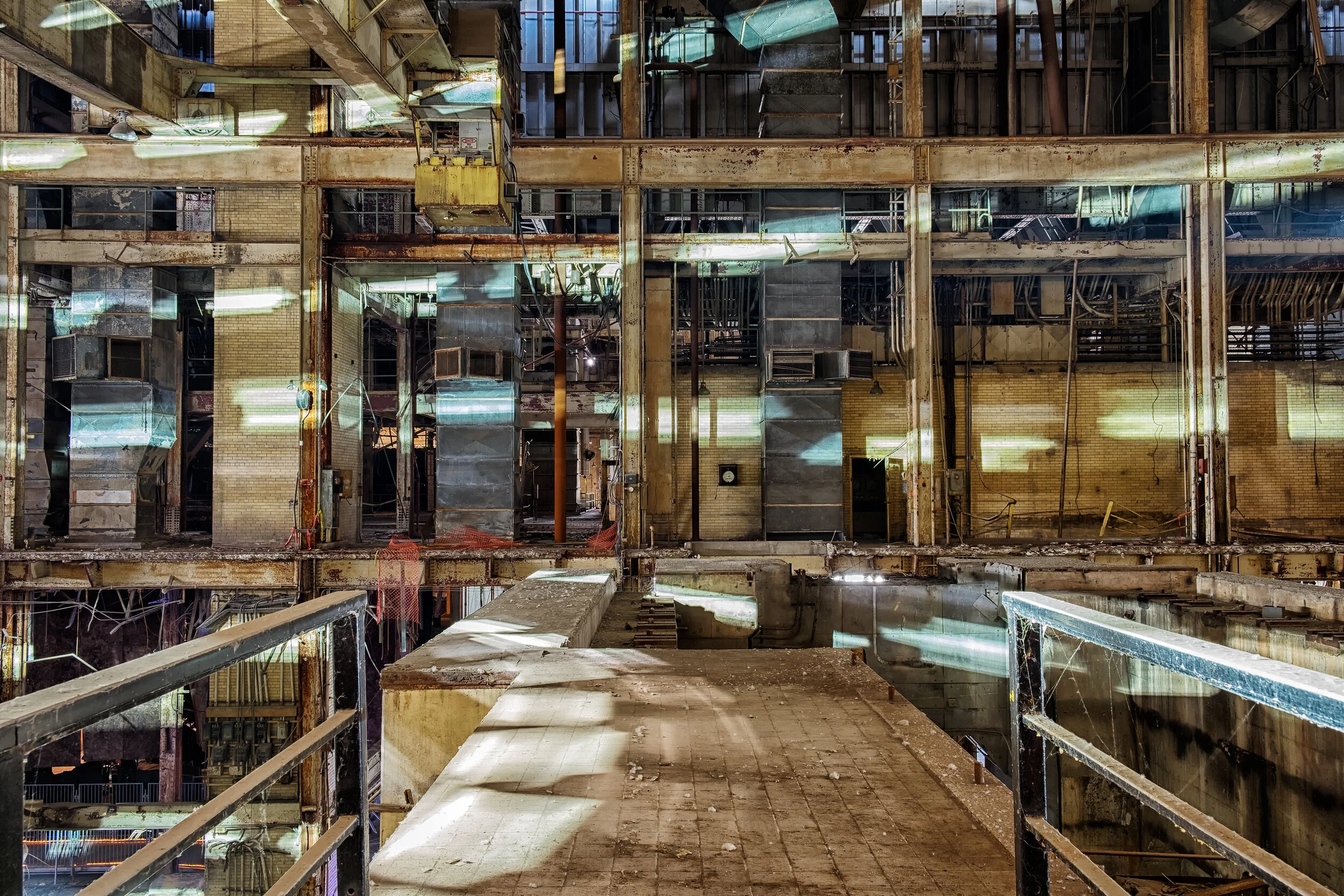Hernando de Soto and the War on Bureaucracy
Applying for a new passport. Ordering a credit report. Securing a parking permit.
Most of us have plenty of firsthand experience dealing with bureaucracy. We know what it’s like to be frustrated by the complex forms, slow-moving queues, and long wait times. Most of us, however, tend to accept these inconveniences as a necessary cost of participation in society and move on.
Not Hernando de Soto.
An economist born in Peru and raised in Switzerland, he returned to Lima in the 1980s after a successful business career. According to an interview with NPR’s Planet Money podcast, as de Soto settled into the city, he began to wonder why such a high proportion of its inhabitants seemed to be trapped in poverty. Through conversations with local street vendors, he learned that they were operating their businesses without official permits. What’s more, many of them also lacked bank accounts and legal deeds to their homes.
To better understand why Lima’s street vendors were working outside the system, de Soto decided to conduct an experiment. Working with a small team of professionals, he tried to obtain legal authorization to open a seamstress shop. The process ultimately took 289 days, working eight hours a day, prompting de Soto to conclude that the convoluted state of government bureaucracy was severely hampering business development and economic activity in the country.
The high barriers to entry associated with establishing government-approved small enterprises forced most vendors into the informal economy. To make matters worse, without legal property titles, they had nothing to offer up as collateral to obtain credit from banks, preventing them from expanding their businesses. This led to de Soto’s other main argument: providing property titles to low-income individuals would transform what he called “dead capital” into live capital, by freeing up credit opportunities that were previously inaccessible to them.
His ideas quickly gained traction among high-level politicians - it seemed as though de Soto had made a huge breakthrough in determining the root causes of poverty in the developing world. Acting on his recommendations, the Peruvian government drastically simplified the process of starting a business and commenced a massive property-titling campaign, registering over 1.2 million titles between 1996 and 2003. Other countries, from Egypt to the Philippines, followed suit.
Even the World Bank took notice. Starting in 2003, they began publishing an annual report called Doing Business, which ranks countries according to how conducive the regulatory environment is to starting a business, registering property, and obtaining credit, among other categories.
A problem as deeply complex as poverty, however, is not so easily solved.
In recent years, a number of papers have been published that appear to contradict some of de Soto’s ideas. A study from 2004 indicated that more than a third of titled households in Peru continued to be excluded from the formal credit market, even though they were in possession of land to offer up as collateral. Furthermore, the only types of loans that registered any increased access were those related to home improvement, not entrepreneurship. There are a couple theories for why the additional property titles haven’t necessarily created more credit access: first, that the transaction costs associated with issuing small loans may be too high to be worth it for the banks; second, that the banks don’t trust the government to follow through with confiscating property in the case of people defaulting on their loans.
This brings us to another pertinent question - is there really that much room for growth in the informal sector? Suppose that Lima’s street vendors did find themselves with easy access to credit. With many thousands of produce stalls, empanada carts, and handicraft sellers, it seems unlikely that there would be enough demand for all of them (or even most of them) to significantly expand their businesses.
While it’s clear that cutting through bureaucratic red tape is a step in the right direction - in Peru and many other countries it has considerably reduced the time and money required to launch new businesses - what is less obvious is whether formalizing property rights makes it any easier for people to escape the cycle of poverty.
Maybe it’s time to focus on solutions that take a more collaborative approach. By banding together as a cooperative, for example, street vendors could become resources to one another, as opposed to competitors. A retailers’ cooperative could help individual members reduce overhead costs and open new channels for information sharing. Together, they would also be better positioned to capture a bigger share of the consumer market, rather than splitting the finite demand among thousands of individual vendors selling the same products.
Perhaps cooperative business structures can offer low-income entrepreneurs something that isn’t represented by any of the indicators in the World Bank’s Doing Business report: a community that can use its collective strength to gain leverage that would be impossible for individual members to achieve on their own.
Header image courtesy of Alex Proimos.





